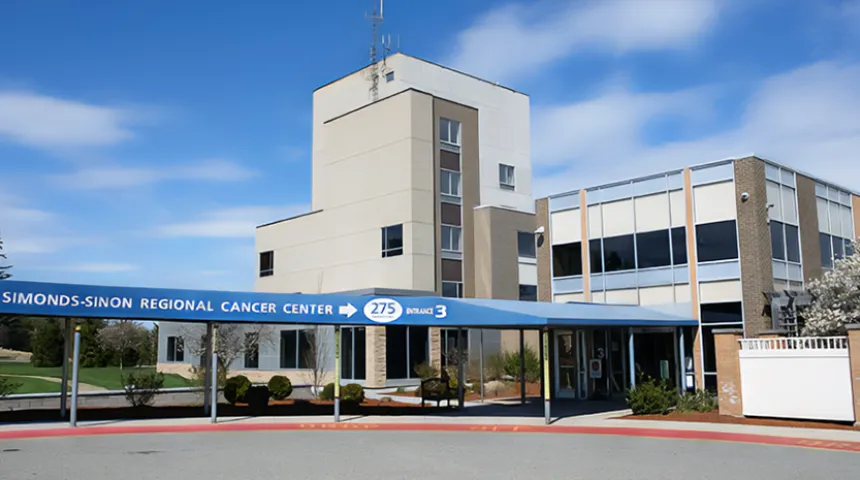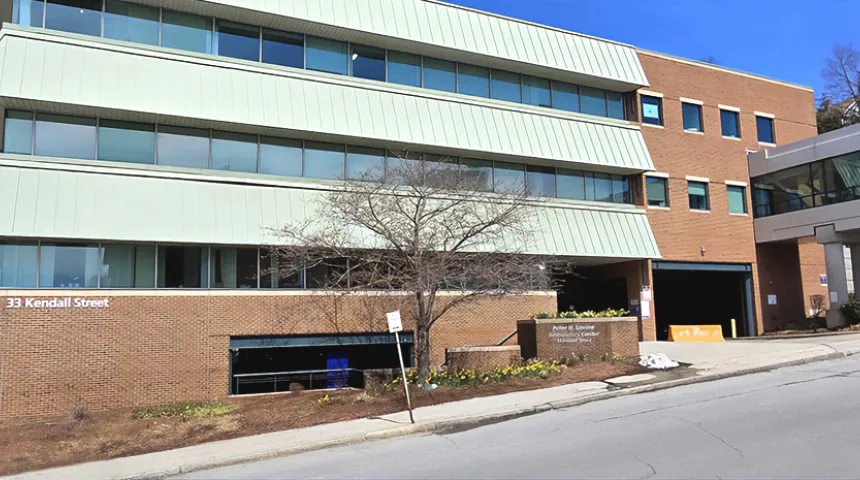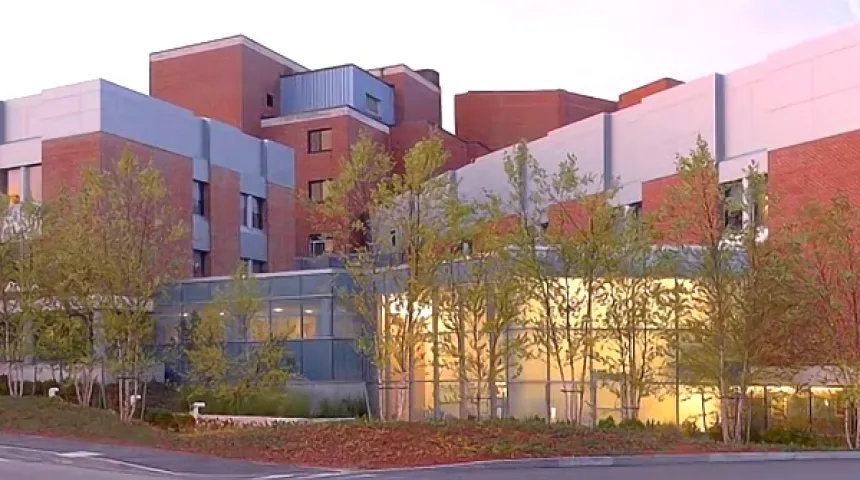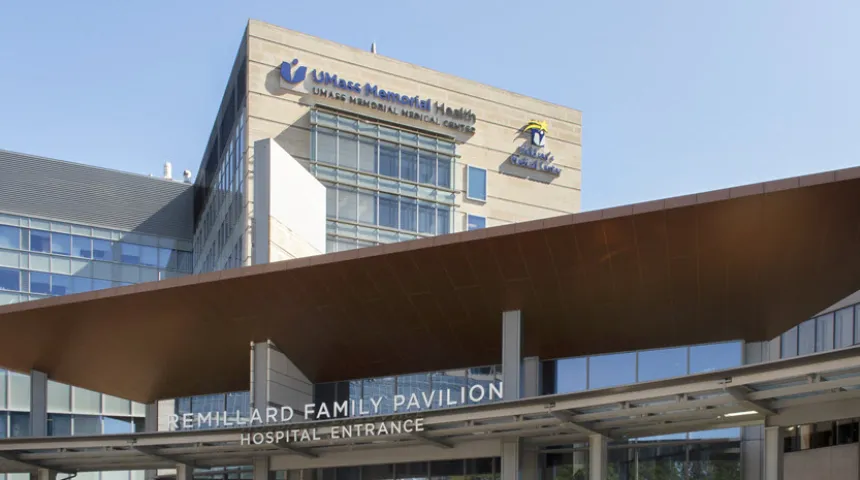Colorectal Cancer
Why Choose Us for Colon and Rectal Cancer Treatment?
Early Detection
Colorectal cancer screenings (colonoscopies) catch polyps and early-stage cancers before they cause symptoms. Our services also include cancer genetic testing, which detects changes (mutations) that raise your colorectal cancer risk. If you test positive, it doesn’t always mean you’ll get cancer. We may recommend more frequent screenings to catch the first signs of a polyp.
Supportive Care and Survivorship Services
We help you feel your best at every stage of care. You may benefit from cancer resources and support, such as nutrition counseling, assistance from social workers and cancer rehabilitation services. We also deliver specialized assessments and care planning that optimize your well-being after completing treatment. Explore our Cancer Survivorship Program.
Research and Innovation
Our team helped pioneer minimally invasive techniques to remove colorectal cancers through smaller incisions. These methods include single-incision colon surgery and robot-assisted rectal surgery. We continue to advance the field by participating in prominent national cancer research and clinical trials.
Our Cancer Locations
Simonds-Sinon Regional Cancer Center
275 Nichols Road,
Fitchburg, MA 01420
UMass Memorial Medical Center - Memorial Campus Peter H. Levine Ambulatory Center
33 Kendall Street,
Levine Building,
Worcester, MA 01605
Milford Regional Medical Center
14 Prospect Street,
Milford, MA 01757
The Cancer Center at Harrington Hospital - Southbridge Campus
55 Sayles Street,
Southbridge, MA 01550
UMass Memorial Medical Center - University Campus
55 Lake Avenue North,
Worcester, MA 01655
Our Colorectal Cancer Services
We use leading methods to detect and treat colorectal cancer. Our team’s experience caring for a high volume of patients leads to an outstanding level of expertise and exceptional outcomes.
Care starts with an accurate diagnosis. Gastrointestinal pathologists evaluate tissue samples under a microscope to confirm or rule out cancer. We use 3D ultrasound and MRI to capture precise images that help us plan colorectal cancer treatments. Abdominal imaging specialists interpret the results and collaborate with our multi-specialty team to ensure you receive the best possible therapies.
On-Site Cancer Genetics Services
Some colorectal cancers are due to gene changes (mutations) passed down in families. Knowing whether you have one of these mutations helps you receive the most appropriate therapies. UMass Memorial is one of the few programs in the region with on-site cancer genetic testing. We quickly determine if you have a mutation so that you receive timely care.
Sphincter-Sparing Colorectal Cancer Surgery
Surgery is a common colorectal cancer treatment, and the level of expertise at UMass Memorial is exceptional. Our colon and rectal surgery specialists are leaders in minimally invasive techniques. These techniques remove cancer while preserving the ring of muscle (sphincter) that controls bowel movements. These procedures preserve more healthy tissue, lead to a quicker recovery and help you avoid stool leakage (incontinence) and the need for a permanent colostomy.
Sphincter-sparing procedures include:
- Transanal endoscopic microsurgery: Surgeons access and remove polyps and early-stage cancers through the anus. We were one of the first programs in New England to offer this option.
- Transanal total mesorectal excision: We use robotic surgical technology to remove large rectal cancers, then connect the remaining area to healthy bowel tissue. UMass Memorial specialists train surgeons from all over the world in this technique.
- Robotic total mesorectal excision: We use the latest robotic technology, including high-definition visualization and specialized equipment, to successfully treat patients with rectal cancer. Our team has been offering and perfecting this approach for more than 10 years.
Get Started
Call 855-UMASS-MD (855-862-7763) to make an appointment with a colorectal cancer specialist. You can also book an appointment online with select providers.






